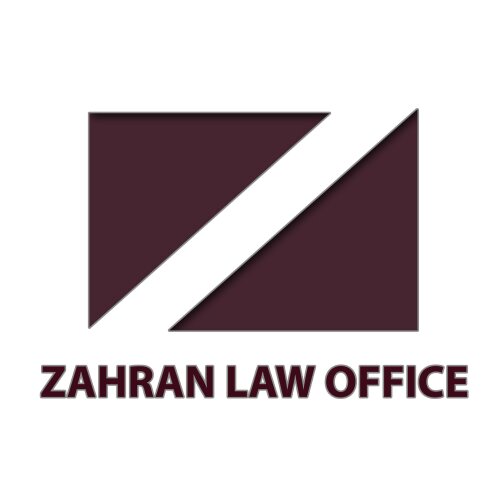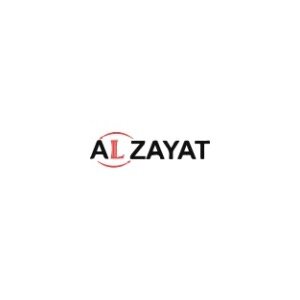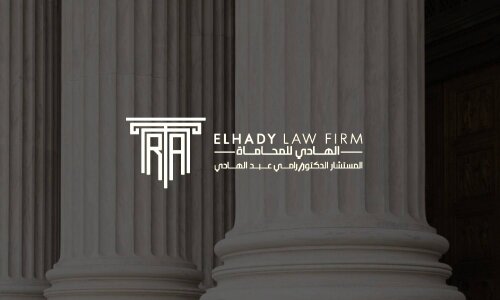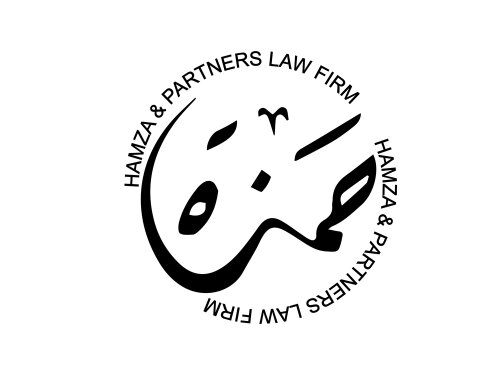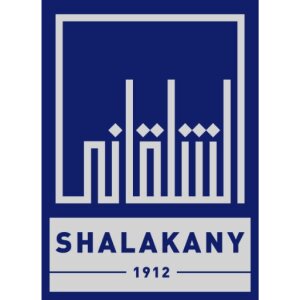Best Structured Finance Lawyers in Cairo
Share your needs with us, get contacted by law firms.
Free. Takes 2 min.
List of the best lawyers in Cairo, Egypt
About Structured Finance Law in Cairo, Egypt
Structured finance in Cairo, Egypt, refers to complex financial instruments and transactions that go beyond traditional lending or investing. It often involves the pooling of financial assets, such as loans or receivables, and their repackaging into securities, which are then sold to investors. These arrangements are commonly used for project finance, securitization, asset-backed securities, and collateralized debt obligations. Egyptian structured finance law is influenced by both local statutes and international practices, aiming to facilitate investment, manage risk, and improve the liquidity of local credit markets. Given the global nature of structured finance, Egyptian law aligns with many international standards while addressing local market needs and regulatory concerns.
Why You May Need a Lawyer
Engaging in structured finance deals in Cairo can be complex and laden with regulatory requirements. You may need a lawyer if you are:
- Planning to securitize assets, such as mortgages or car loans
- Participating in project finance for infrastructure, energy, or real estate developments
- Structuring or investing in asset-backed securities or sukuk (Islamic financial certificates)
- Negotiating syndicated loans or other financing arrangements
- Ensuring compliance with the Financial Regulatory Authority (FRA) rules and listing requirements
- Dealing with cross-border financing and foreign investment regulations
- Managing risk and ensuring the enforceability of security interests
A specialized attorney can help you avoid costly mistakes, draft and negotiate contracts, and guide you through the regulatory landscape.
Local Laws Overview
Egypt’s structured finance sector is regulated primarily by Law No. 95 of 1992 (the Capital Market Law), Law No. 159 of 1981 (the Companies Law), and by decisions and regulations set by the Financial Regulatory Authority (FRA). The FRA oversees all capital market activities, including securities, asset-backed securities, and securitization transactions. Additional key points include:
- Securitization and issuance of asset-backed securities are expressly regulated and require FRA approval
- Sukuk (Islamic finance instruments) are governed by dedicated frameworks to ensure Shari’a compliance
- Special Purpose Vehicles (SPVs) are commonly used for structured deals and are regulated under Egyptian law
- Anti-money laundering and know-your-customer (KYC) requirements must be strictly followed
- Cross-border transactions often require notification or approval from the Central Bank of Egypt or other authorities
Understanding the nuances of these regulatory requirements is critical for successful structuring, execution, and enforcement of structured finance transactions in Cairo.
Frequently Asked Questions
What types of assets can be securitized in Egypt?
In Egypt, financial assets such as mortgage loans, car loans, leases, credit card receivables, and even future cash flows can be securitized. The process must comply with FRA regulations and generally involves establishing a Special Purpose Vehicle.
Who regulates structured finance activities in Cairo?
Structured finance and capital market activities are regulated by the Financial Regulatory Authority (FRA) in Egypt. The FRA sets the rules and approves asset securitization and securities issuance.
What is the legal framework for sukuk in Egypt?
Sukuk are governed by specific provisions under Egyptian law to ensure compliance with Islamic finance principles. The FRA regulates the issuance, trading, and compliance of sukuk instruments.
Do I need FRA approval for a securitization transaction?
Yes, any securitization transaction or public offering of asset-backed securities requires prior approval from the Financial Regulatory Authority.
Can foreign investors participate in Egyptian structured finance deals?
Yes, foreign investors can participate, but must comply with applicable Egyptian laws and regulatory approvals, especially for cross-border transactions.
What are Special Purpose Vehicles (SPVs) in the context of structured finance?
SPVs are separate legal entities created to isolate financial risk. They are commonly used in Egypt for holding securitized assets and issuing securities to investors.
What fees and taxes apply to structured finance transactions?
Transaction fees, stamp duties, and taxes may apply, depending on the structure. It is important to consult a tax advisor for specific details relevant to your transaction.
How does Egyptian law protect investors in structured finance?
Investor protection is ensured through regulatory oversight by the FRA, mandatory disclosures, legal enforceability of security interests, and anti-fraud measures.
What should I consider before drafting a structured finance agreement?
You should consider regulatory requirements, tax implications, rights and obligations of parties, risk allocation, and dispute resolution mechanisms. Legal review is essential.
What happens if there is a default on a structured finance instrument?
In the event of a default, remedies will depend on the terms of the agreement and Egyptian law. Investors may have recourse to the underlying assets or other contractual protections.
Additional Resources
If you need further guidance or official information, consider reaching out to:
- Financial Regulatory Authority (FRA) - The main regulator for structured finance and capital markets in Egypt
- Central Bank of Egypt - For cross-border financing rules and monetary policy updates
- Egyptian Exchange (EGX) - For matters related to listing and trading financial instruments
- The Egyptian Society of Accountants and Auditors - For financial compliance and due diligence resources
- Local chapters of international organizations, such as the International Bar Association, for legal counsel referrals
Next Steps
If you are considering entering into a structured finance transaction or need legal guidance, follow these steps:
- Gather all relevant documents and details about your intended transaction
- Consult a lawyer specializing in structured finance and Egyptian securities law
- Discuss your objectives and any potential risks with your legal advisor
- Ensure your transaction structure complies with FRA regulations and any other applicable laws
- Consider engaging financial advisors or accountants for due diligence and tax advice
- Proceed with legal drafting, negotiations, and regulatory filings as advised by your lawyer
Navigating structured finance in Cairo can be straightforward with the right professional support. Take time to understand your rights, obligations, and the regulatory landscape to achieve successful outcomes.
Lawzana helps you find the best lawyers and law firms in Cairo through a curated and pre-screened list of qualified legal professionals. Our platform offers rankings and detailed profiles of attorneys and law firms, allowing you to compare based on practice areas, including Structured Finance, experience, and client feedback.
Each profile includes a description of the firm's areas of practice, client reviews, team members and partners, year of establishment, spoken languages, office locations, contact information, social media presence, and any published articles or resources. Most firms on our platform speak English and are experienced in both local and international legal matters.
Get a quote from top-rated law firms in Cairo, Egypt — quickly, securely, and without unnecessary hassle.
Disclaimer:
The information provided on this page is for general informational purposes only and does not constitute legal advice. While we strive to ensure the accuracy and relevance of the content, legal information may change over time, and interpretations of the law can vary. You should always consult with a qualified legal professional for advice specific to your situation.
We disclaim all liability for actions taken or not taken based on the content of this page. If you believe any information is incorrect or outdated, please contact us, and we will review and update it where appropriate.





